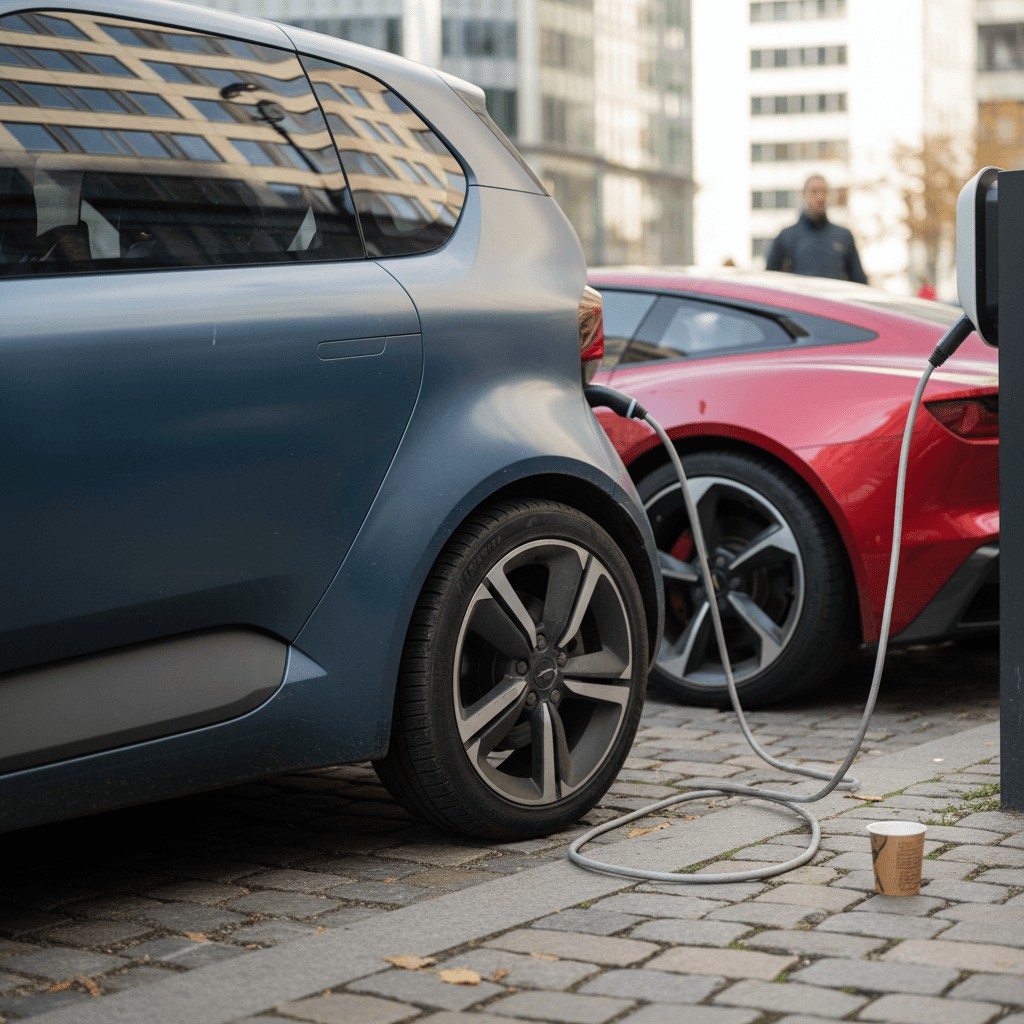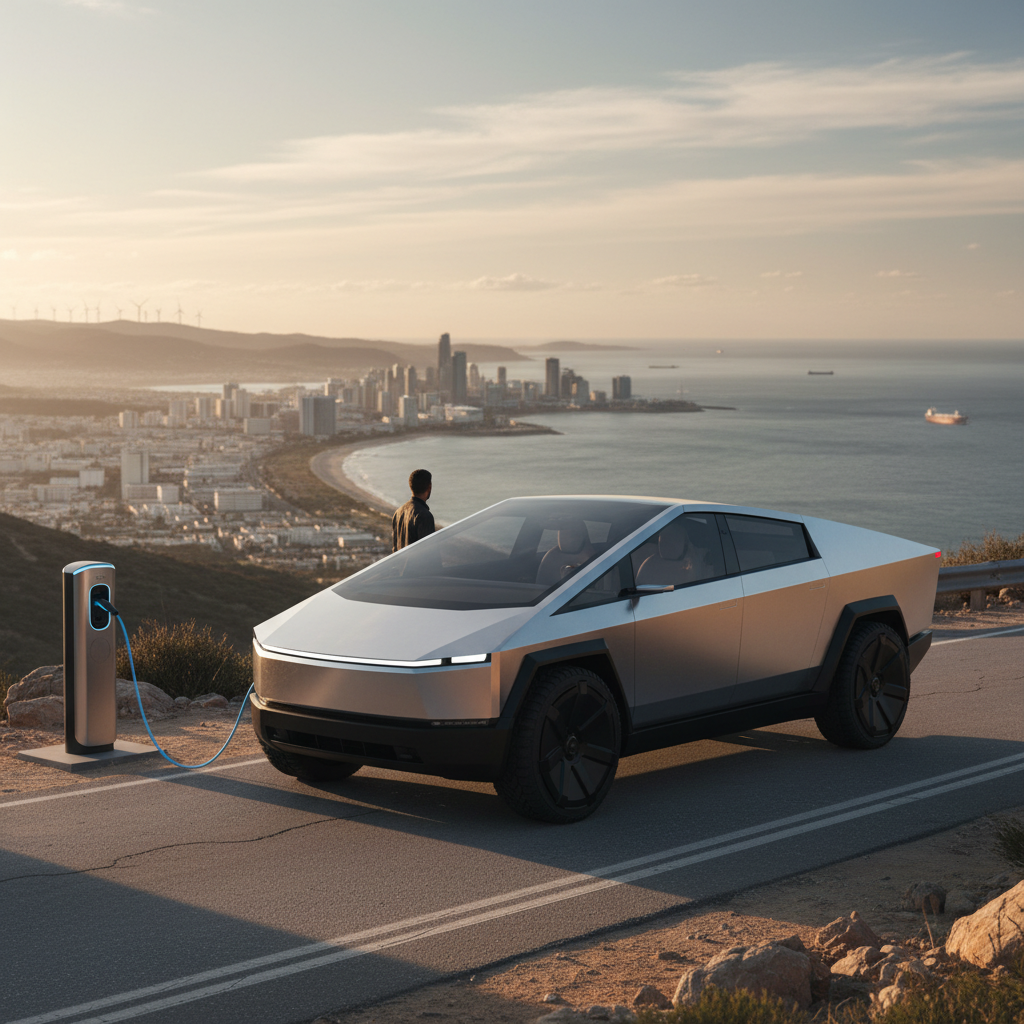If you’re wondering how long an electric car will last, you’re not alone. Battery life, repair costs, and resale value are top concerns for anyone considering a new or used EV. The good news: modern electric cars are built to go well past 150,000 miles, and many will comfortably reach 200,000 miles or more with the original battery.
Big picture
How long will an electric car really last?
Electric car lifespan at a glance
Early electric cars from the 2010s created a perception that batteries would fade quickly. But battery chemistry, thermal management, and software have improved dramatically. Today, many EVs are projected to last at least 12–15 years in moderate climates, and real‑world data suggests some could stay on the road for 20 years or more before the battery becomes the limiting factor.
In other words, if you buy a new EV today and drive an average of 12,000–15,000 miles per year, you can reasonably expect the car to serve you as long as a typical gasoline vehicle, and potentially longer, before major components become uneconomical to repair.
Think in years and miles
Do electric cars last longer than gas cars?
Electric vehicles
- Far fewer moving parts, no pistons, valves, or exhaust system.
- No oil changes, spark plugs, or timing belts to service.
- Regenerative braking helps brake pads last well past 100,000 miles.
- Most major components are designed for the life of the vehicle.
Gasoline vehicles
- Complex engines and transmissions with many wear items.
- Regular fluid changes and tune‑ups required to prevent damage.
- Exhaust, fuel, and cooling systems add cost and failure points.
- Mechanical wear tends to increase as mileage climbs past 150,000 miles.
Because EV powertrains are mechanically simpler, there’s less to wear out over time. Recent research based on millions of inspection records has found that electric cars’ overall lifespans are now comparable to, and in some cases slightly better than, similar gas cars. That’s a big shift from the early days, when EV reliability data was thin and owners were essentially beta testers.
Where EVs have the edge
How long does an EV battery last?
The heart of the question “how long will an electric car last?” is really about the battery. Most EV batteries are considered to reach “end of automotive life” when they fall to about 70–80% of their original capacity. At that point the car still drives, but range and fast‑charging performance are noticeably compromised.
- Most EVs in the U.S. carry an 8‑year / 100,000‑mile or longer battery warranty by law, and several brands stretch that further (for example, some Tesla and Hyundai/Kia packs are covered up to 120,000–175,000 miles).
- Real‑world fleet data shows modern EV batteries degrading at around 1–2% of capacity per year on average in normal use.
- Studies looking at high‑mileage EVs have found many still above 80% capacity even beyond 150,000–200,000 miles.
Battery life vs. phone batteries
Climate matters, though. In very hot regions where cars sit outside and fast charging is frequent, batteries tend to age faster. In temperate climates, degradation is typically slower and you’re more likely to see 15‑plus years of useful life from the original pack.
What actually shortens an electric car’s life?
Key factors that affect EV lifespan
Most of them are under your control.
Extreme heat
Frequent DC fast charging
High‑stress driving
Deep discharges
Extreme cold
Neglected maintenance
Don’t blame every issue on the battery
How to make an electric car last longer
6 habits that help your EV go the distance
1. Charge mostly on Level 2 at home or work
Using a 240‑volt Level 2 charger for routine charging is easier on the battery than relying on DC fast charging. Reserve fast chargers for road trips or genuine time crunches.
2. Avoid living at 0% or 100% state of charge
Try not to let the battery sit for days at very low or full charge. Many EVs let you set a daily charge limit (like 80–90%) and schedule departures for battery‑friendly charging.
3. Keep up on tires, alignment, and brakes
EVs are heavier than comparable gas cars, so tires and suspension carry more load. Rotate tires on schedule and watch for uneven wear to protect range and safety.
4. Use cabin preconditioning instead of driving cold
Preheating or precooling the car while plugged in reduces stress on the battery and keeps you from burning range just to get comfortable climates inside.
5. Stay current on software updates
Over‑the‑air updates can improve battery management, efficiency, and reliability. Make sure your EV has a strong connection (Wi‑Fi or cellular) so it doesn’t miss critical updates.
6. Address small issues before they snowball
Noises, vibration, or warning lights rarely fix themselves. Prompt attention to minor problems is often the difference between a small bill now and a big one later.
Think long‑term from day one
Buying a used EV: lifespan checks that matter

If you’re shopping used, the big question isn’t just “how long will an electric car last?” but “how long will this particular electric car last for me?” Real‑world usage patterns, climate, and charging habits vary widely from owner to owner, so two identical models can age very differently.
Four things to check before you buy a used EV
These have more impact on lifespan than model year alone.
1. Verified battery health
2. Mileage and use pattern
3. Climate history
4. Service history and recalls
Where Recharged fits in
Battery replacement, resale value, and end of life
Eventually, every vehicle reaches a point where repairs don’t make economic sense. With EVs, the big question is whether you’ll ever need to replace the traction battery, and what happens if you do.
How EVs typically age over time
These are general patterns, individual vehicles may age faster or slower depending on use and environment.
| Age / Mileage | What you’ll usually notice | Is a battery swap likely? |
|---|---|---|
| 0–5 years / 0–60k miles | Near‑new range, few major issues beyond early build glitches. | Very unlikely, would typically be a warranty event. |
| 5–10 years / 60k–120k miles | Slight range loss, maybe 5–15% depending on climate and use. Some suspension and tire wear. | Still uncommon. Most batteries remain well above 70–80% capacity. |
| 10–15 years / 120k–200k miles | More noticeable range loss. Infotainment and electronics may become dated. Suspension and cosmetic issues more common. | Possible but not inevitable. Often a value question: is the car worth a new pack? |
| 15+ years / 200k+ miles | Range may be limiting for long trips. Owners may repurpose car as a commuter or second vehicle. | More likely at this stage if the rest of the car is in good shape and a replacement pack is reasonably priced. |
Remember: most owners sell or trade their EVs long before absolute end of life.
Sticker shock warning

End of life doesn’t mean the battery goes straight to the landfill. Packs with too much degradation for automotive use can often be repurposed for stationary storage, and recycling infrastructure is expanding quickly. That’s good news for both the environment and long‑term EV ownership costs.
EV lifespan FAQ
Frequently asked questions about how long EVs last
The bottom line: how long an electric car will last
When you strip away the myths, electric cars are not fragile gadgets with throwaway batteries. They’re durable machines designed to last at least as long as comparable gas cars, and in many cases longer, while costing less to maintain along the way. With typical use, you can expect a modern EV to deliver 12–18 years and 150,000–300,000 miles of useful life on its original pack.
If you’re thinking about a used electric car, the key isn’t guessing, it’s verifying. That’s why every vehicle on Recharged comes with a Recharged Score battery health report, fair market pricing, and EV‑savvy support, so you know exactly how much life is left in the car you’re buying. Take care of the battery, stay on top of basic maintenance, and your electric car should be a long‑term partner, not a short‑term experiment.


